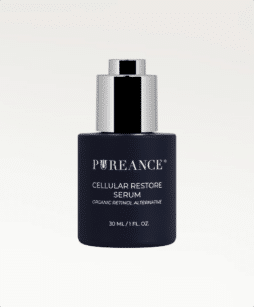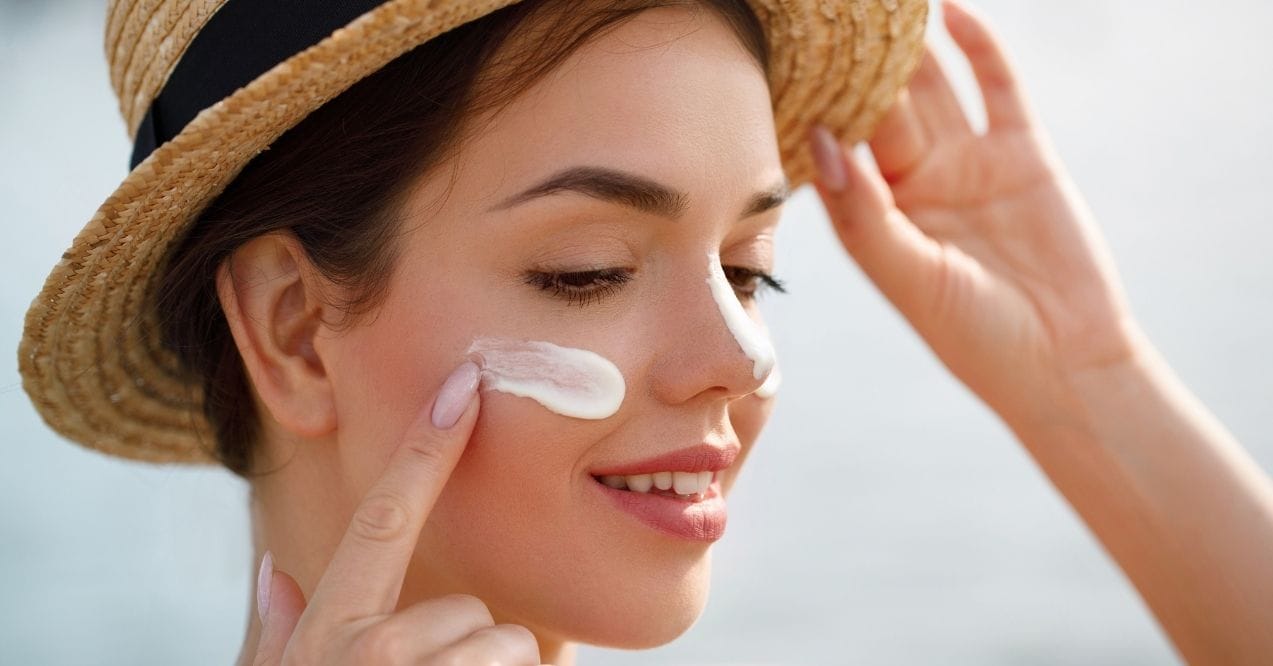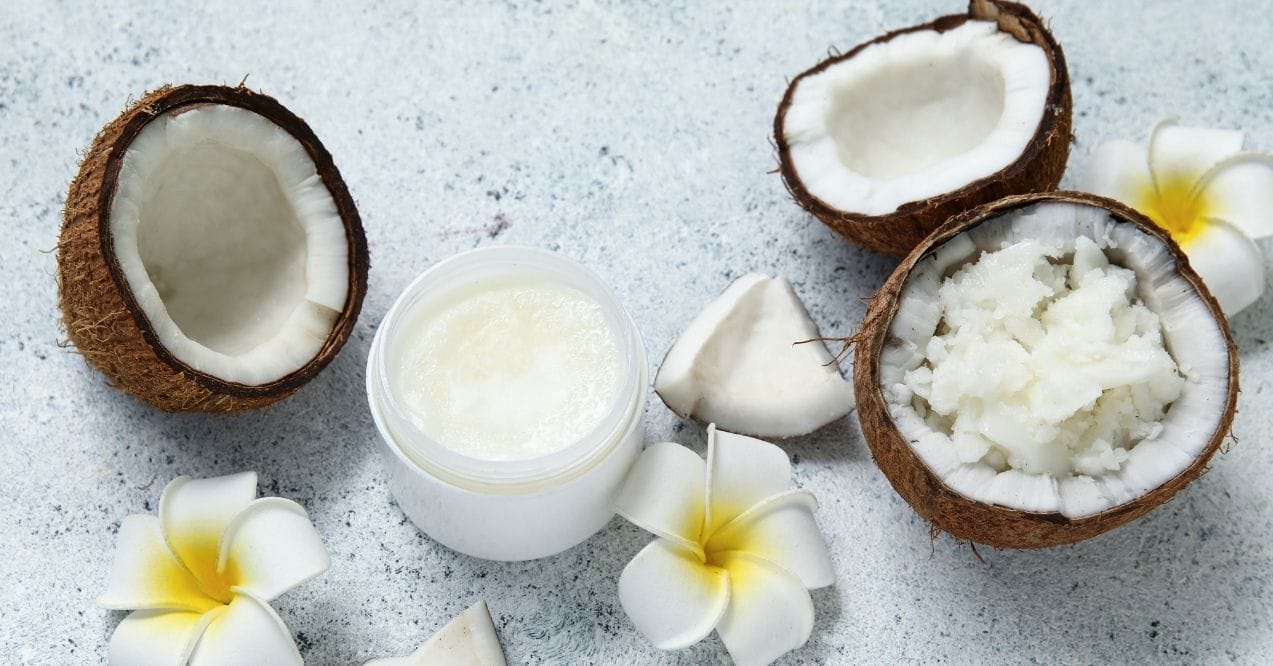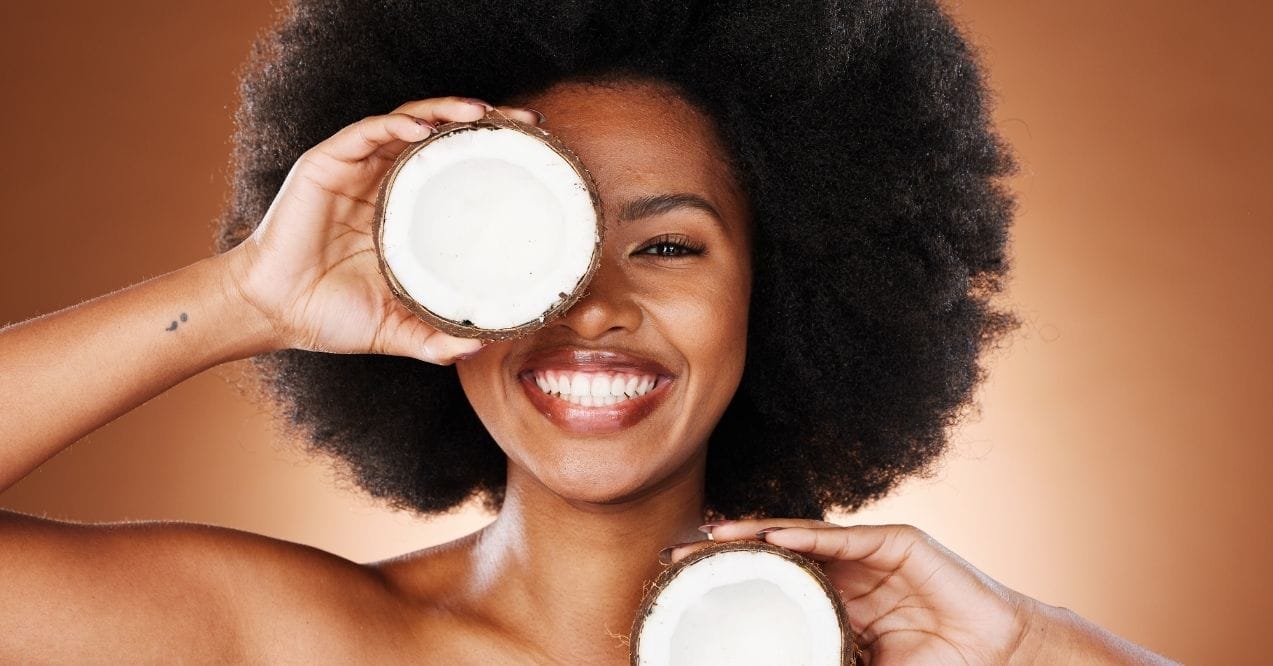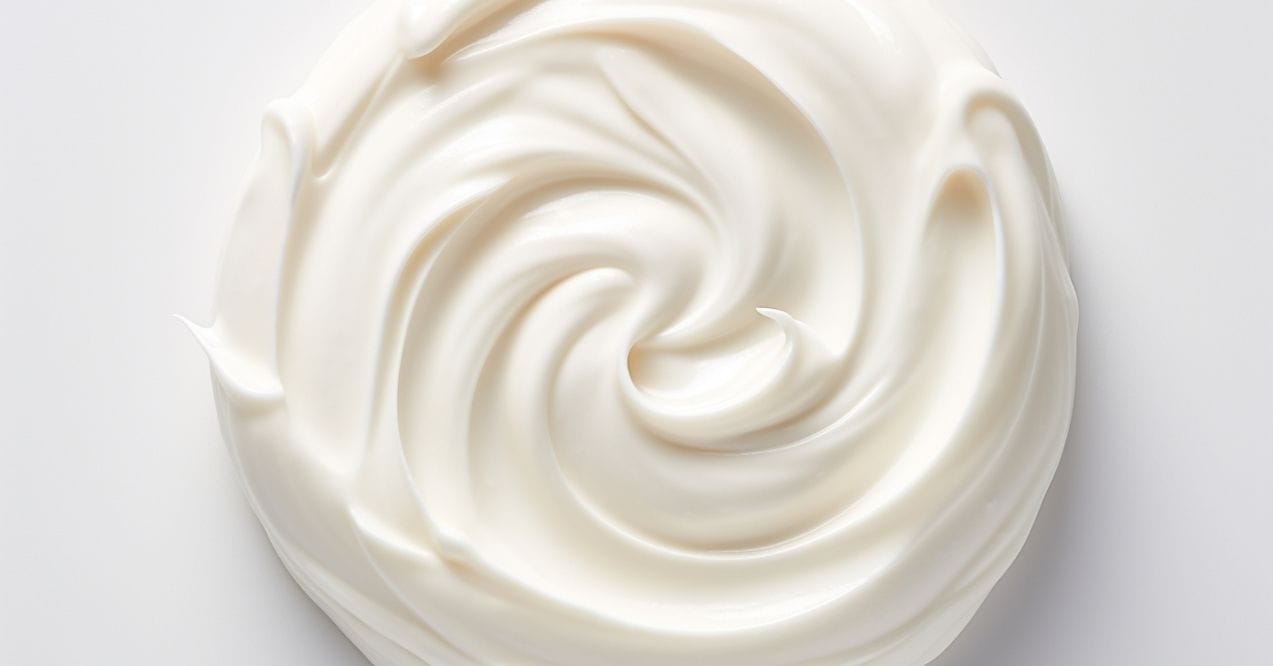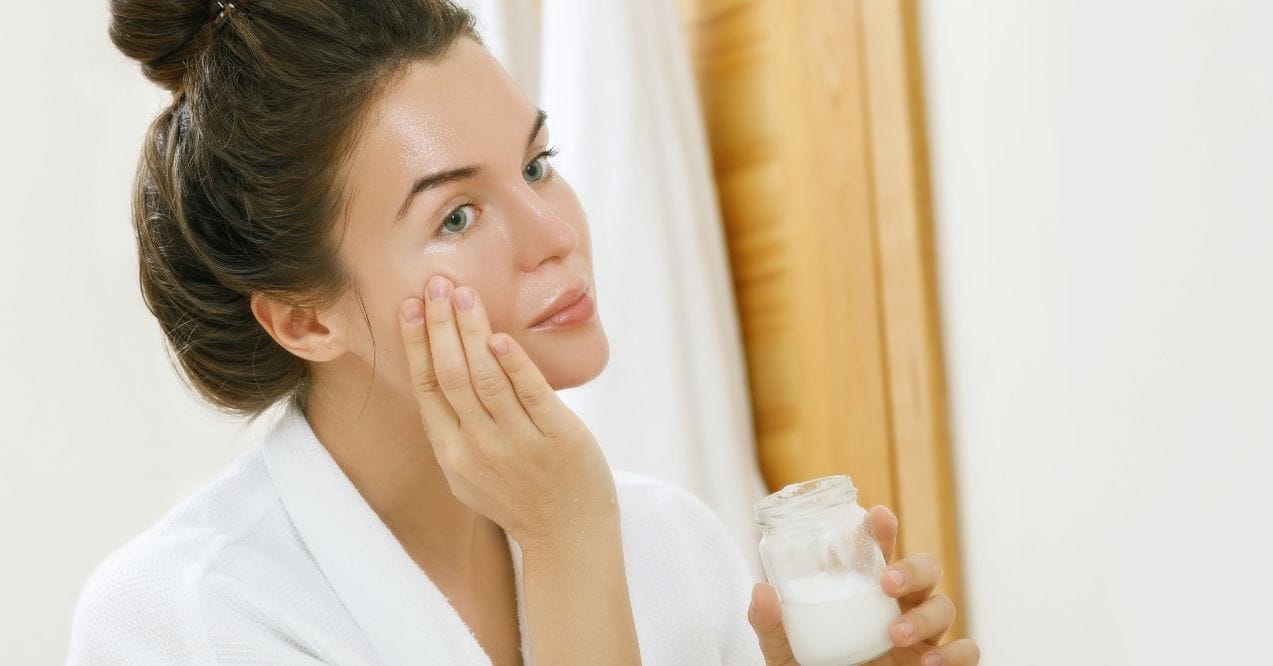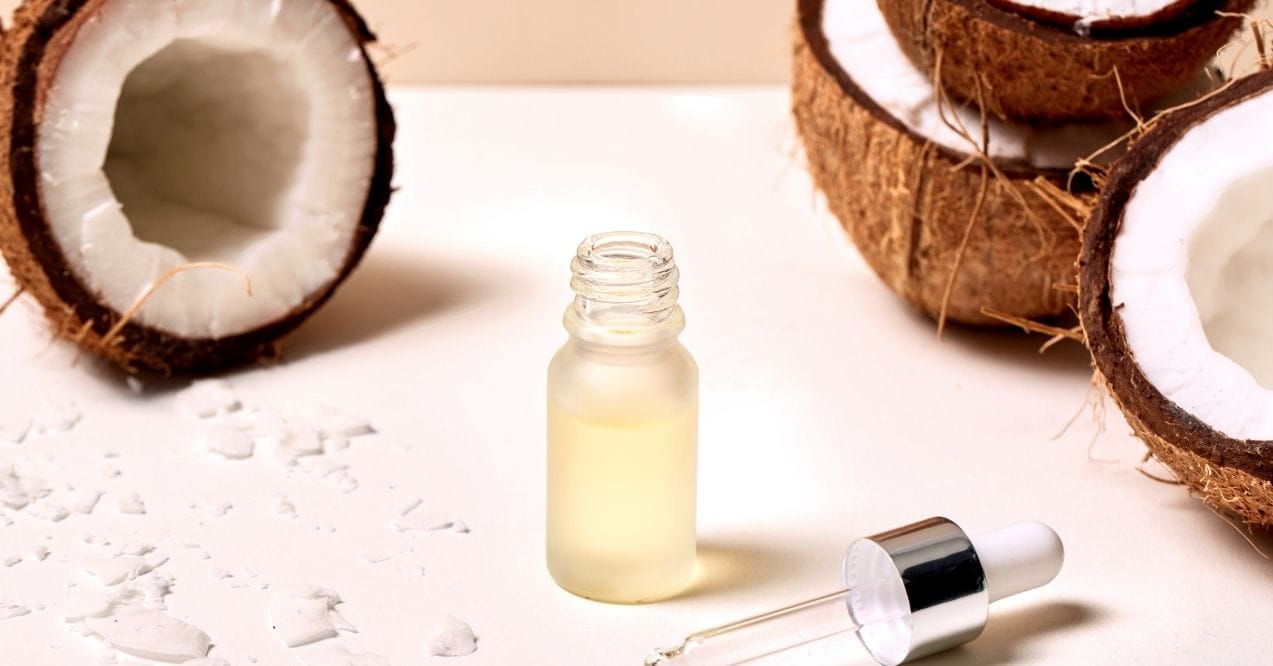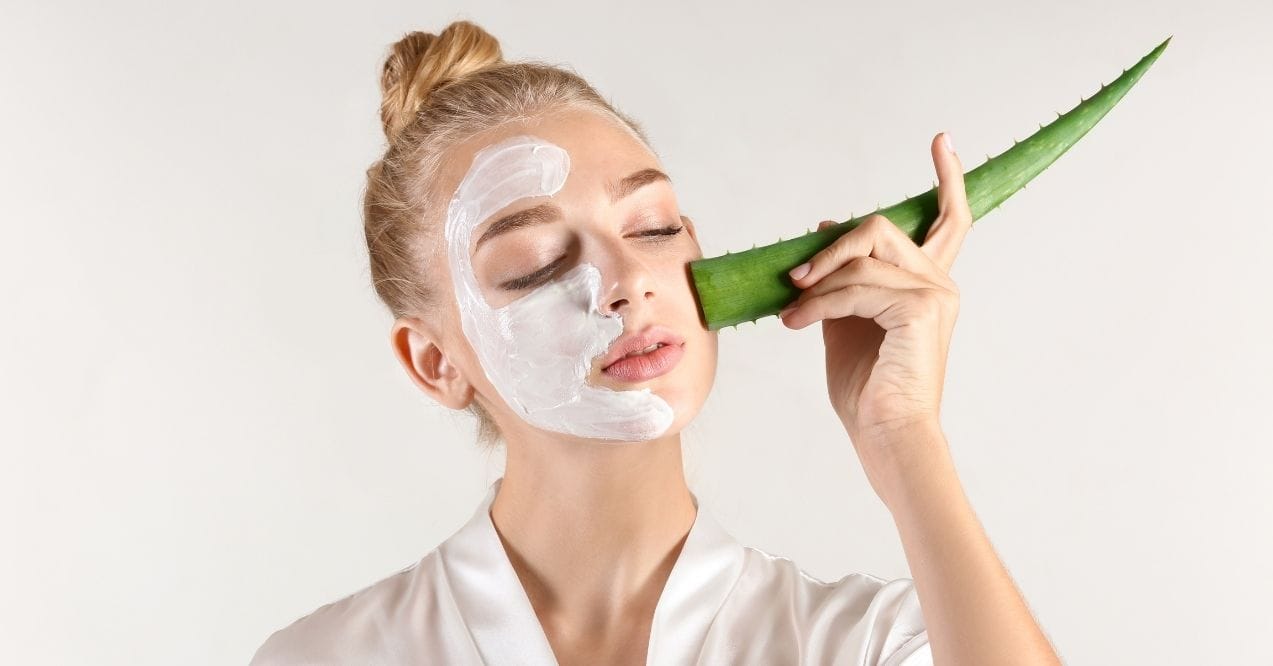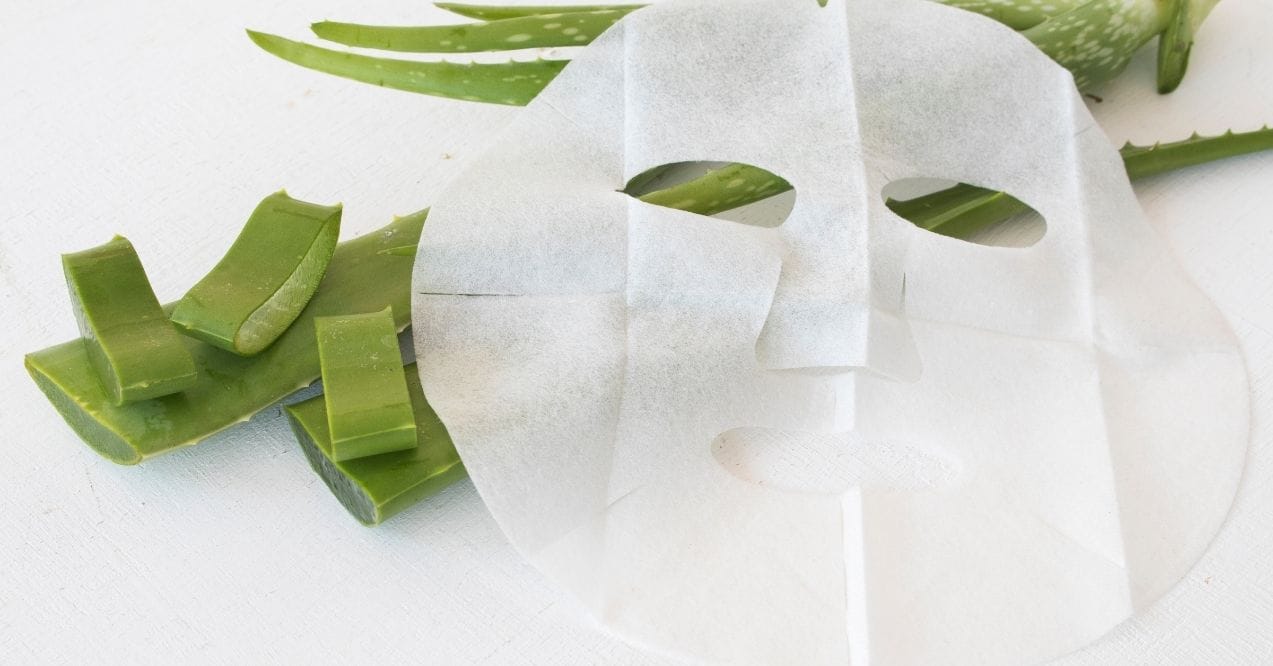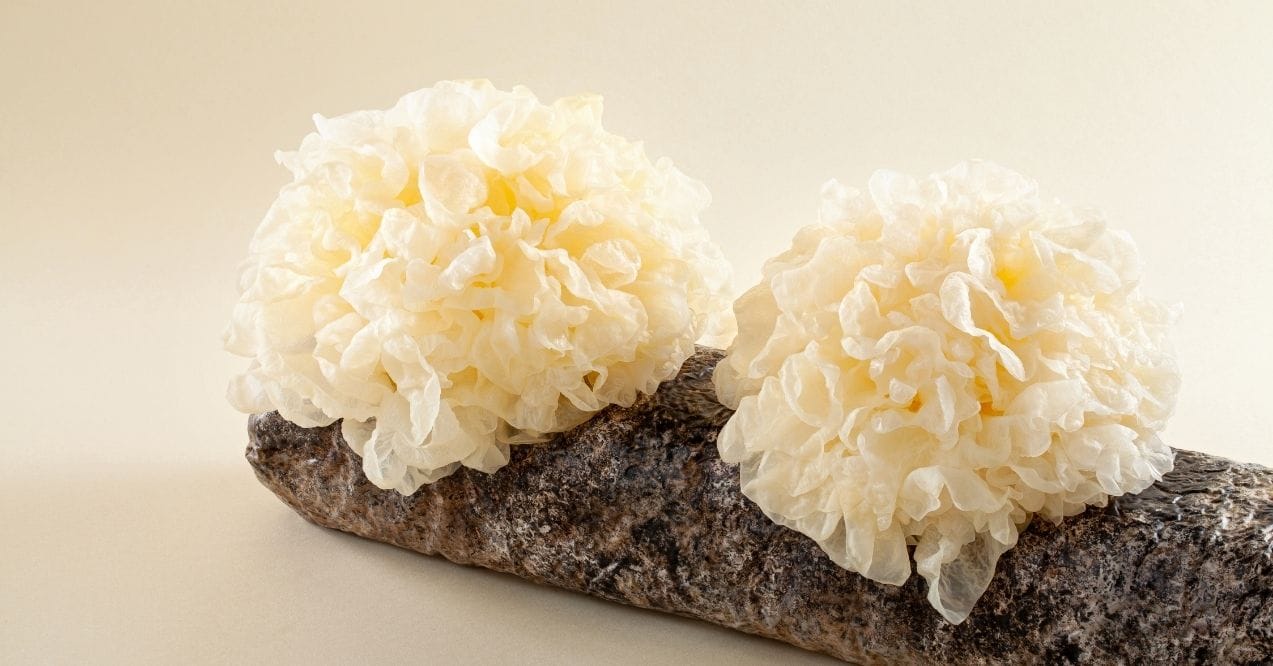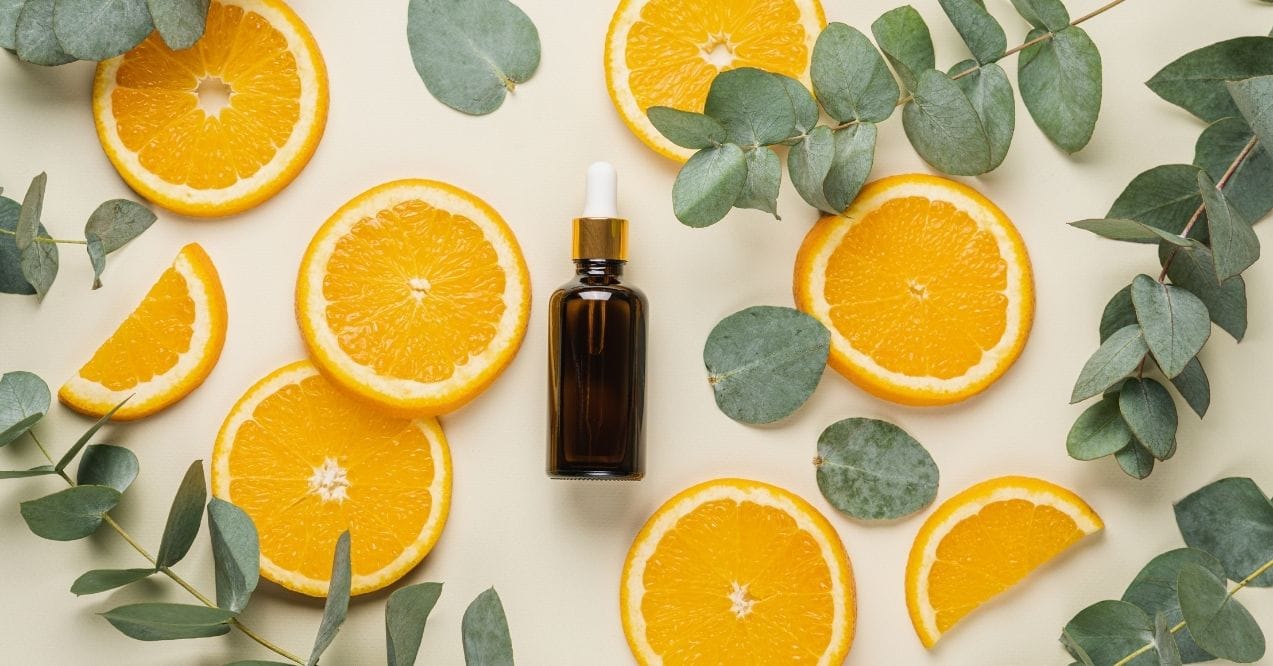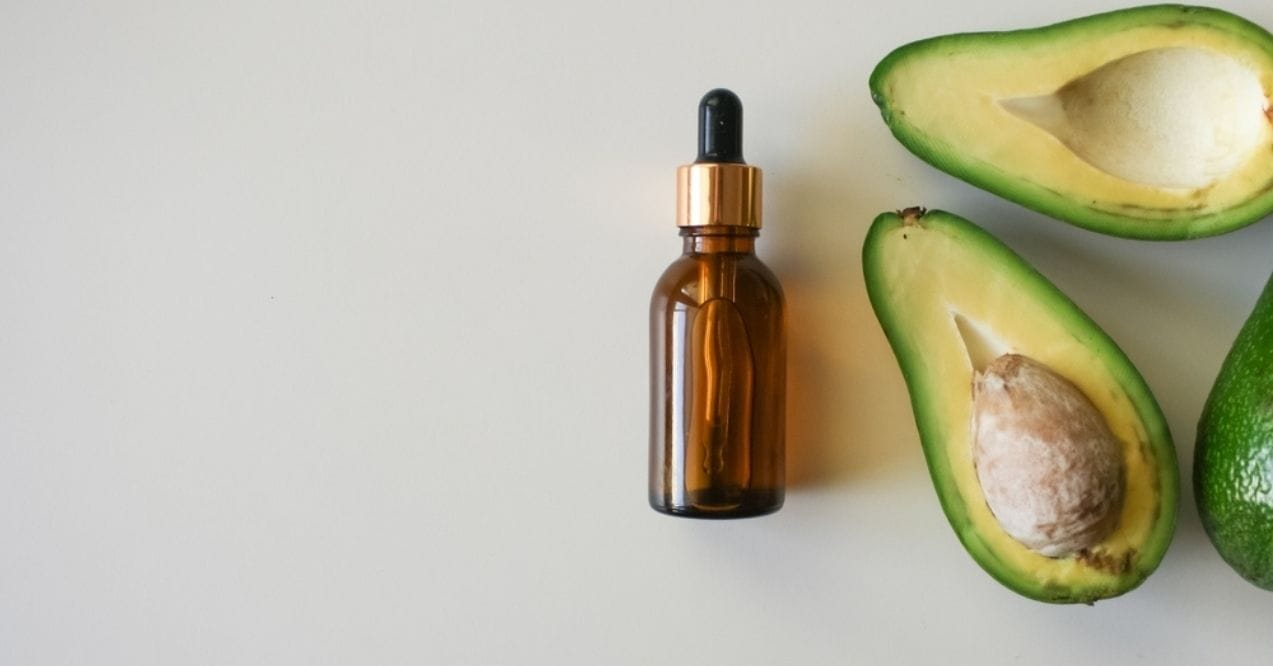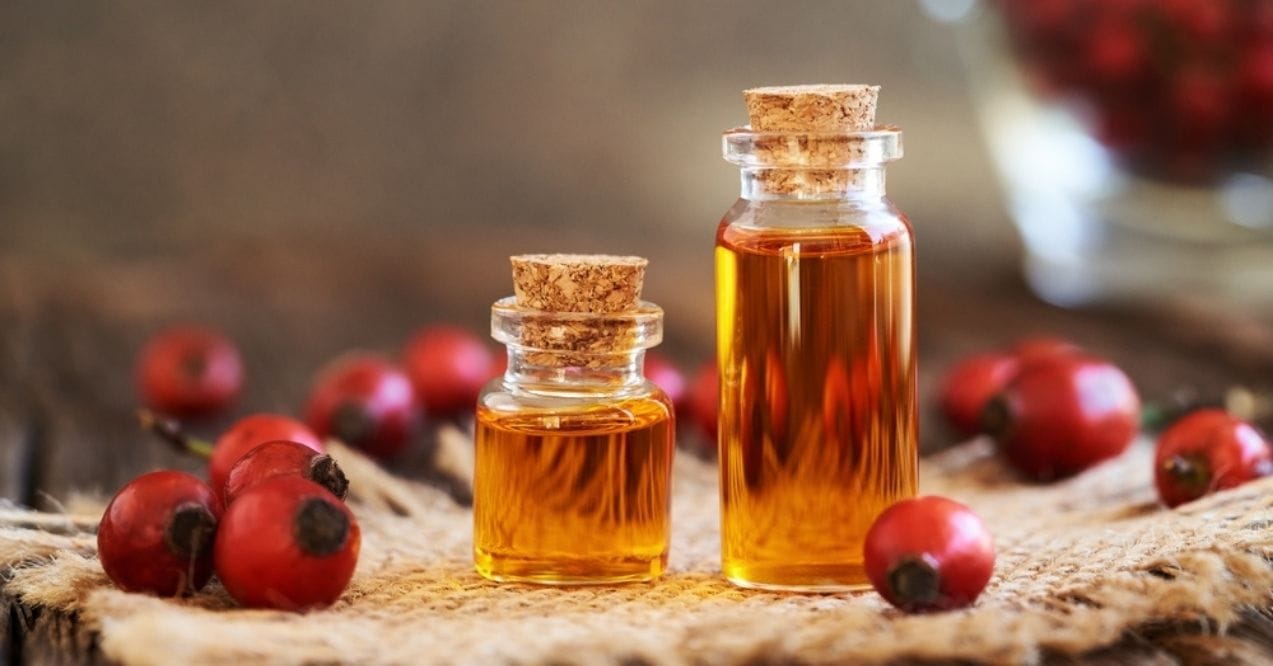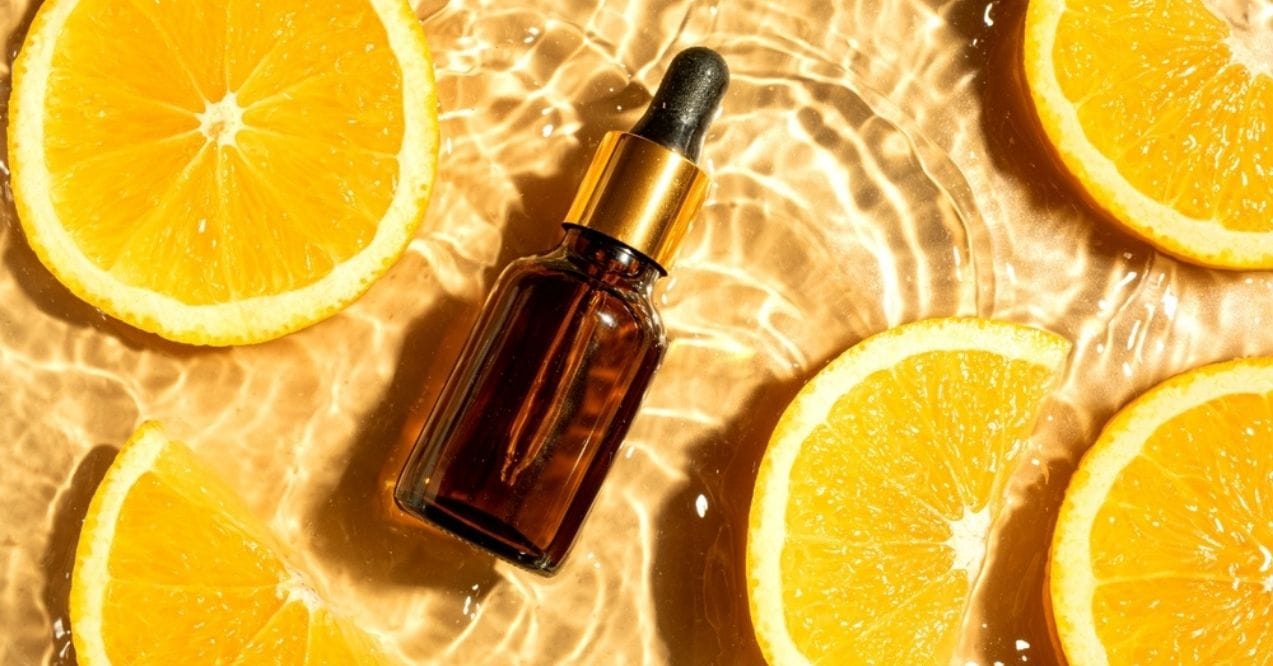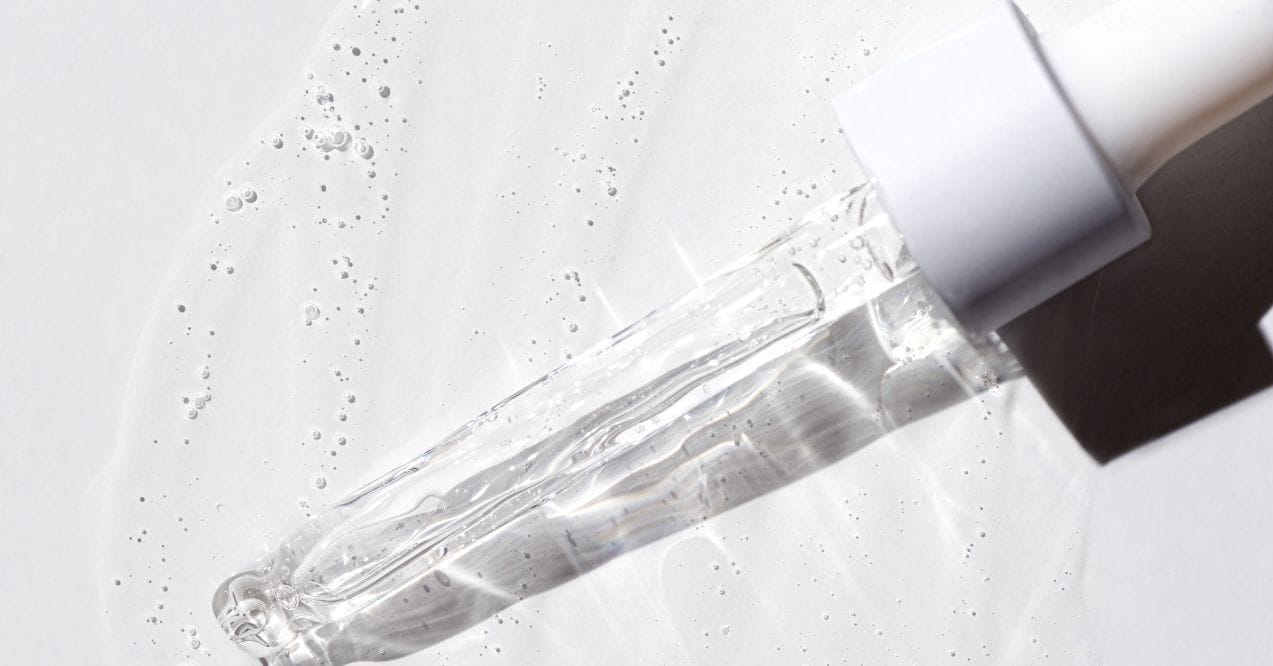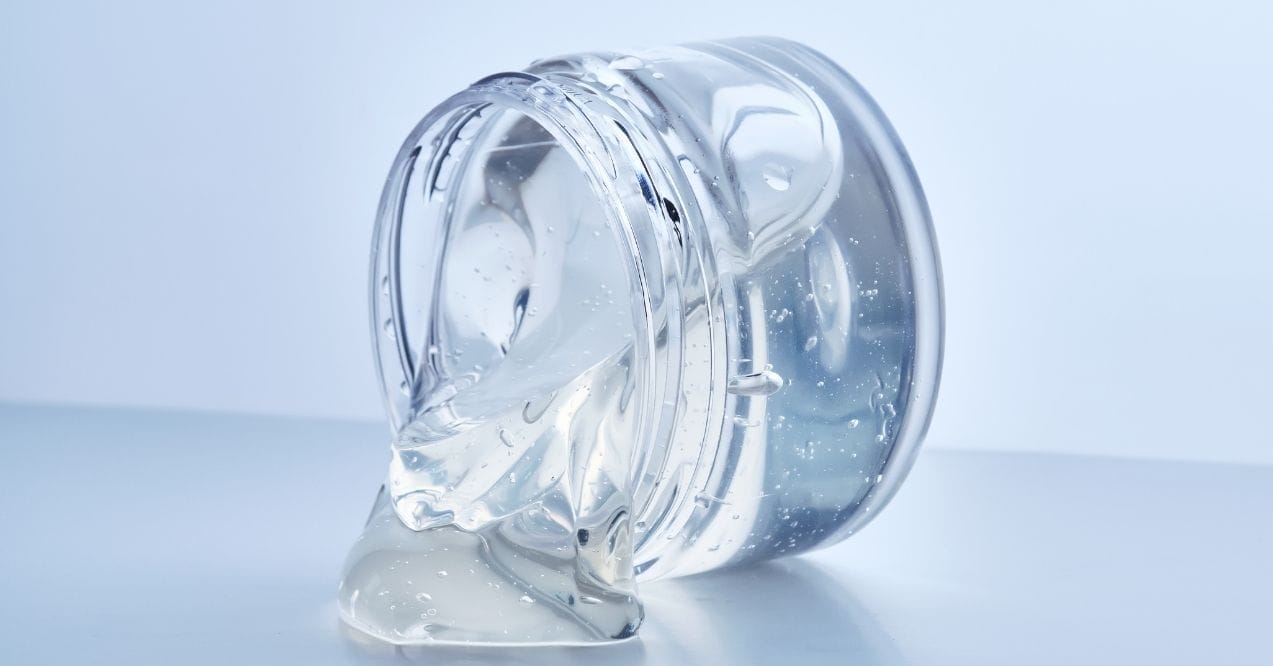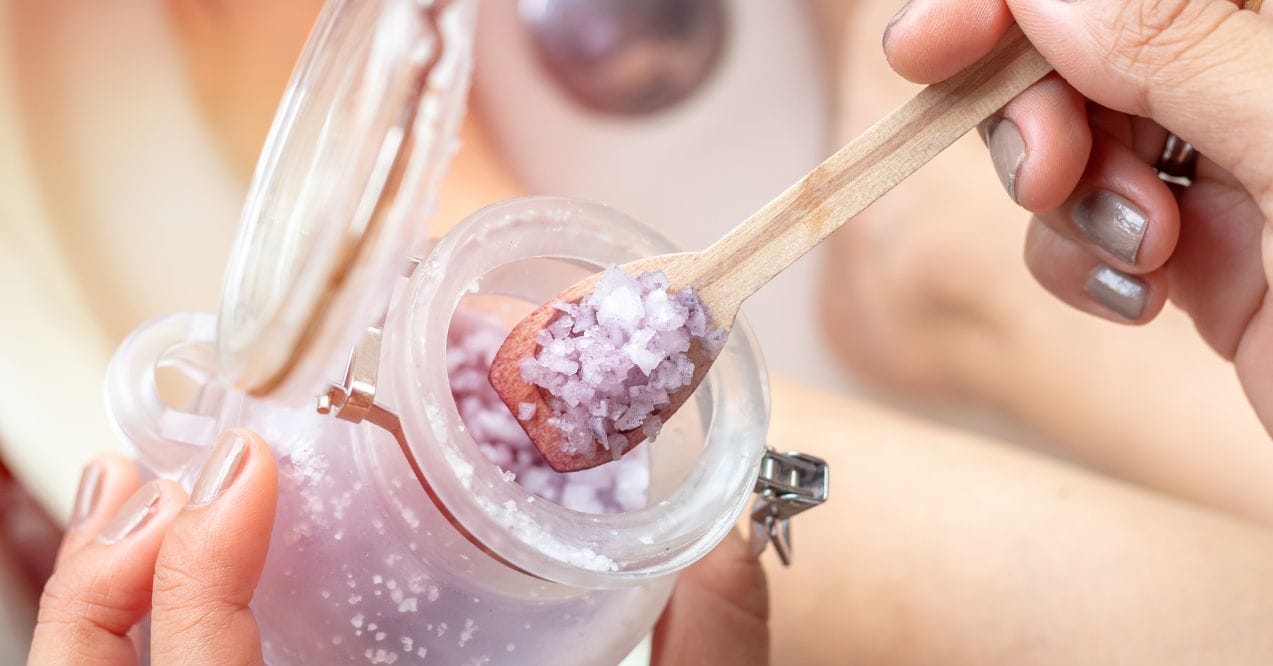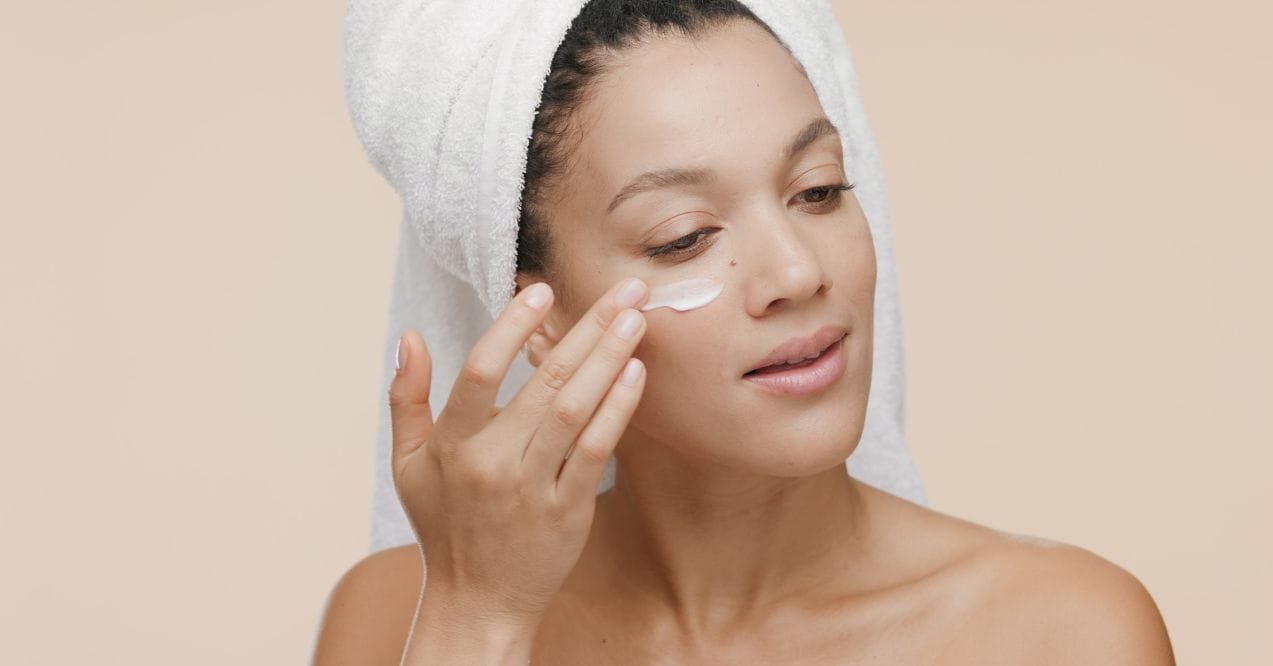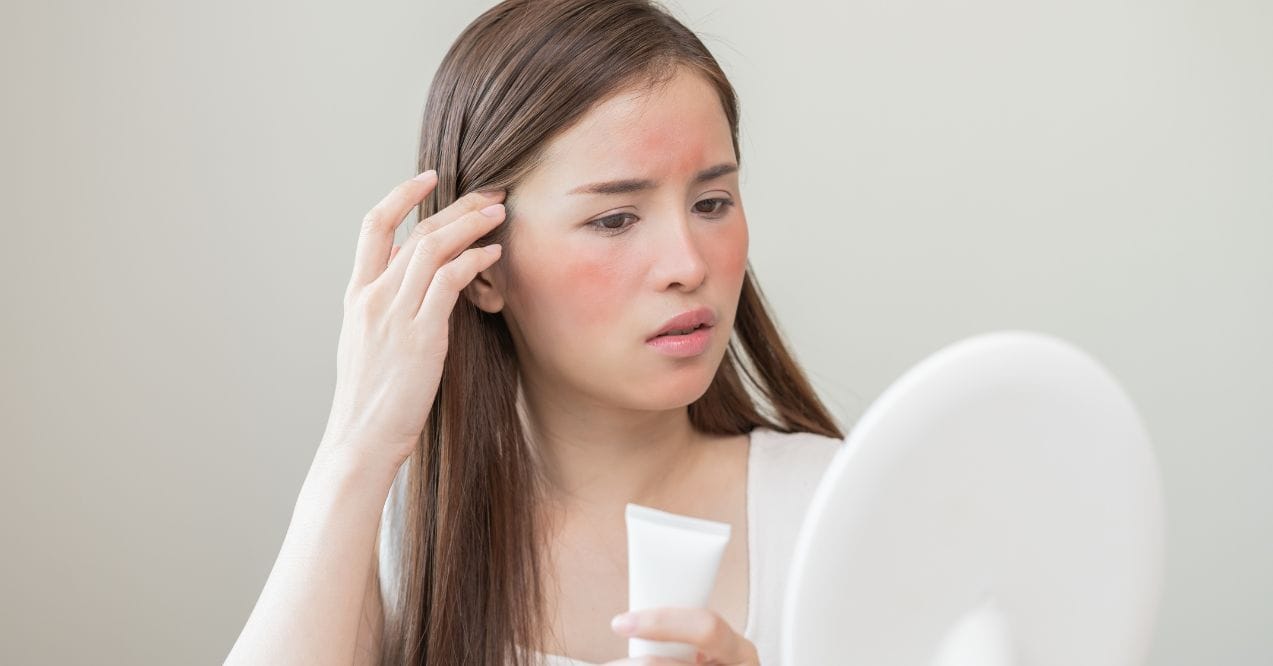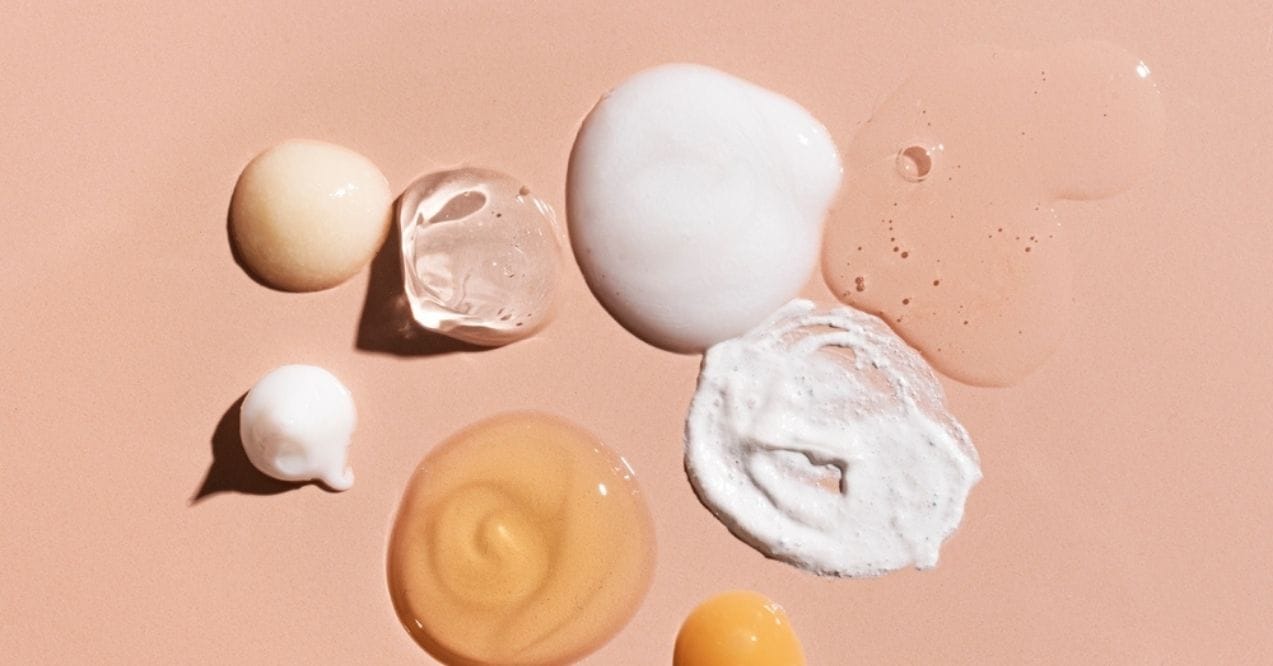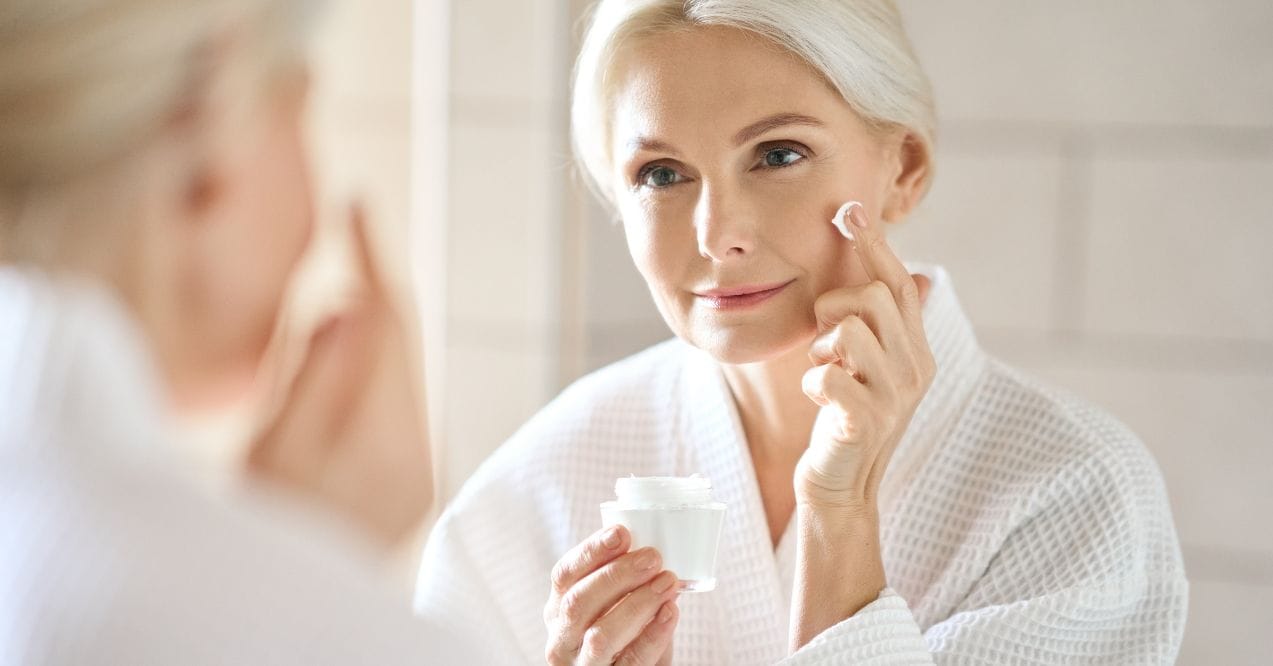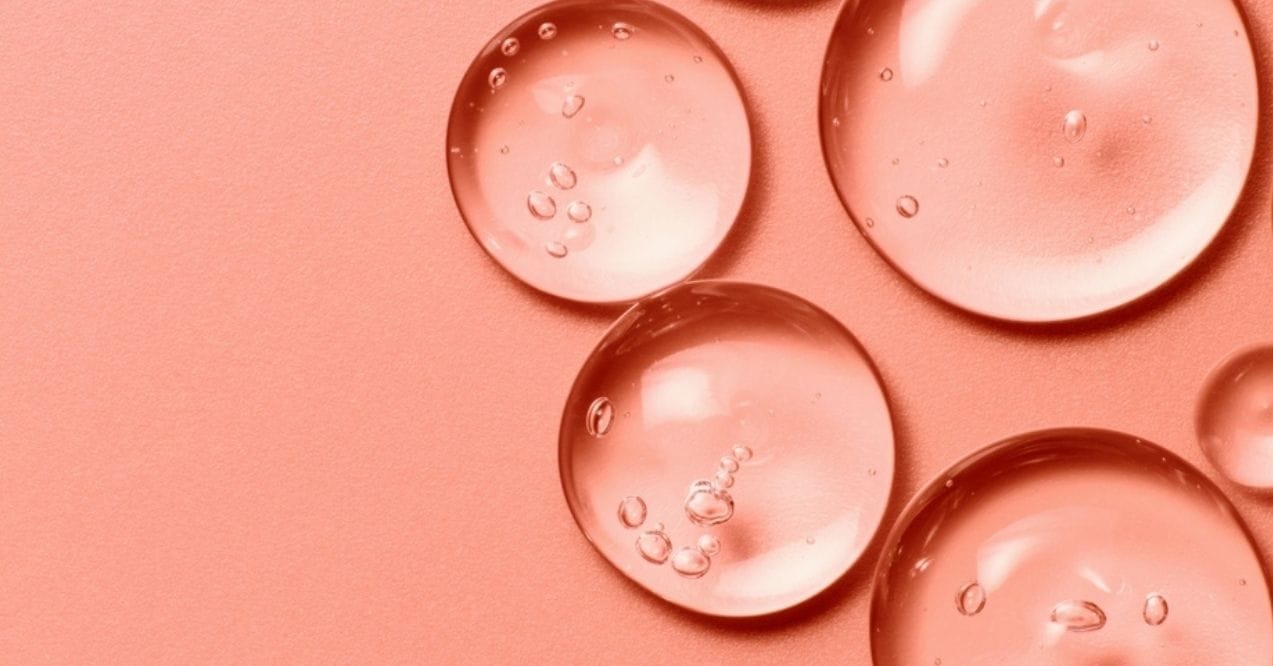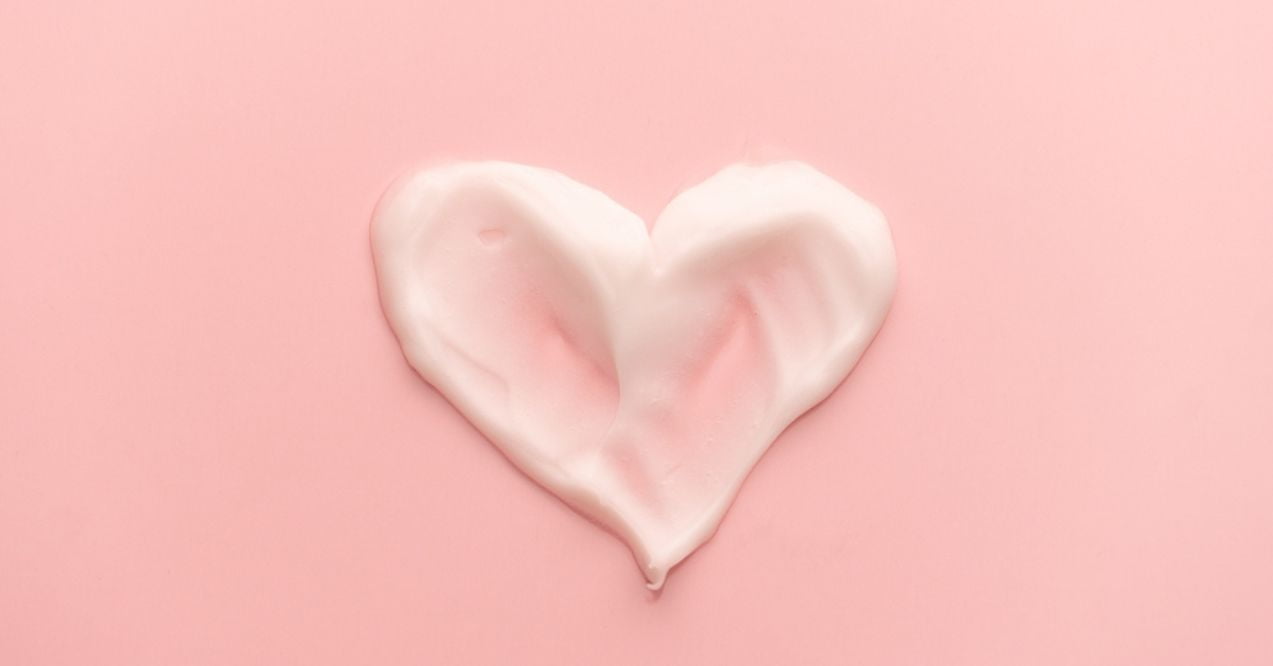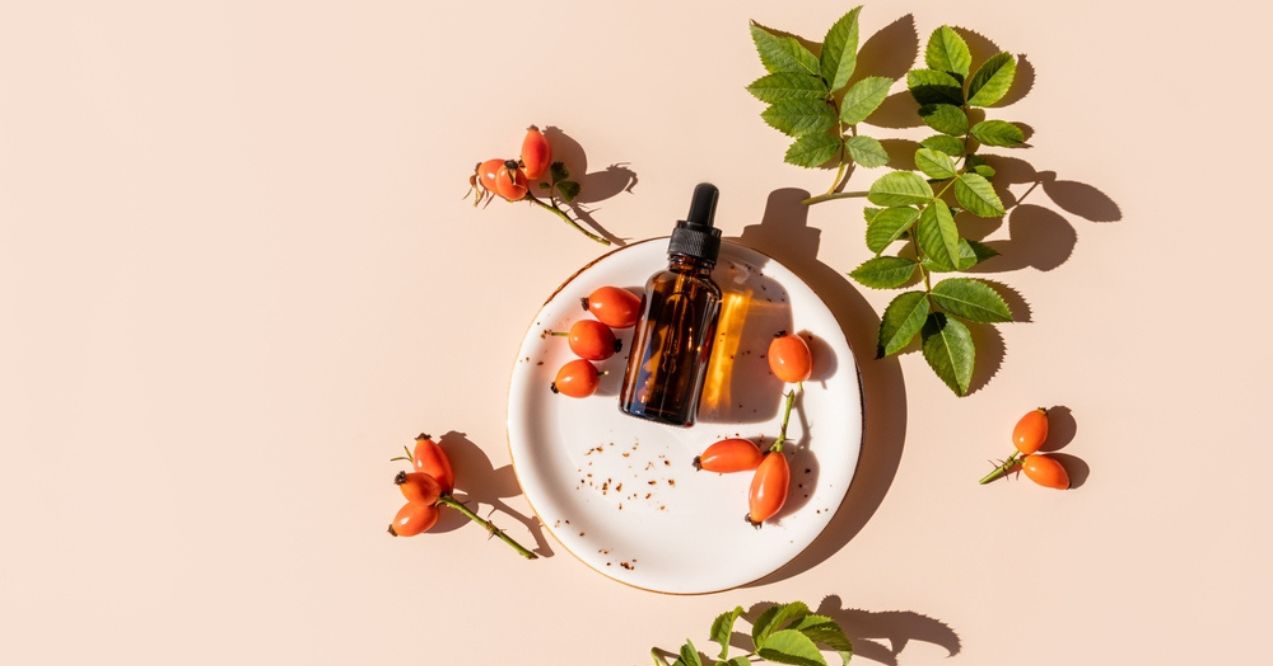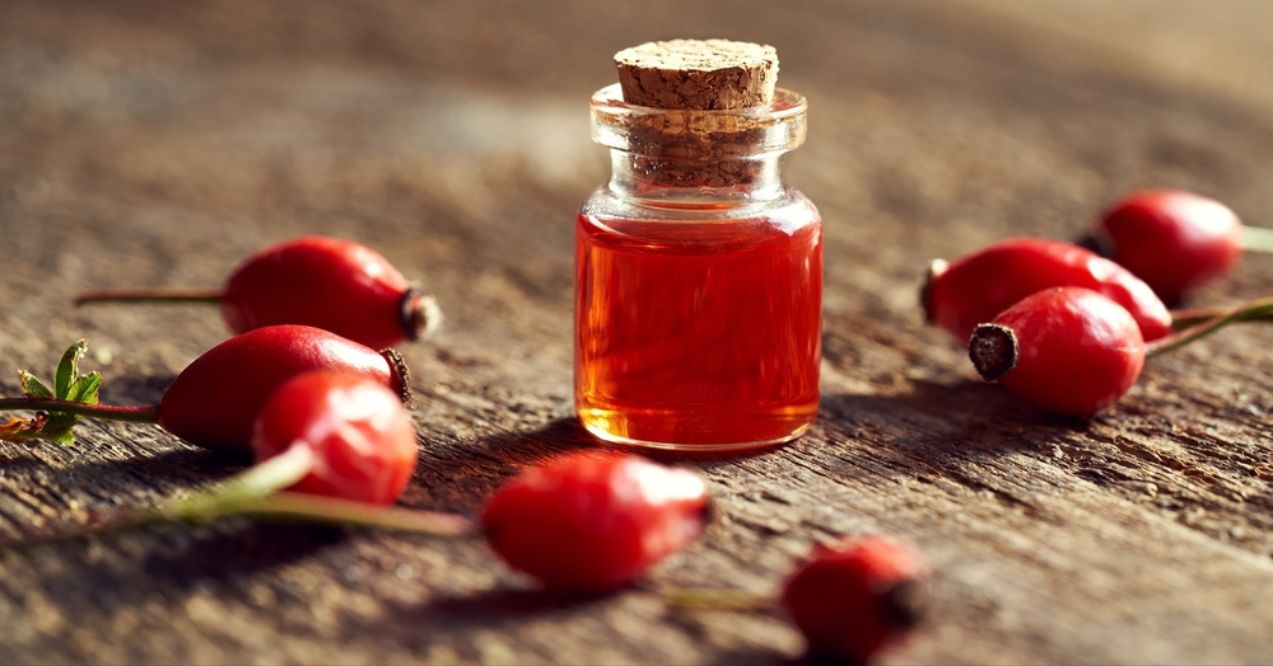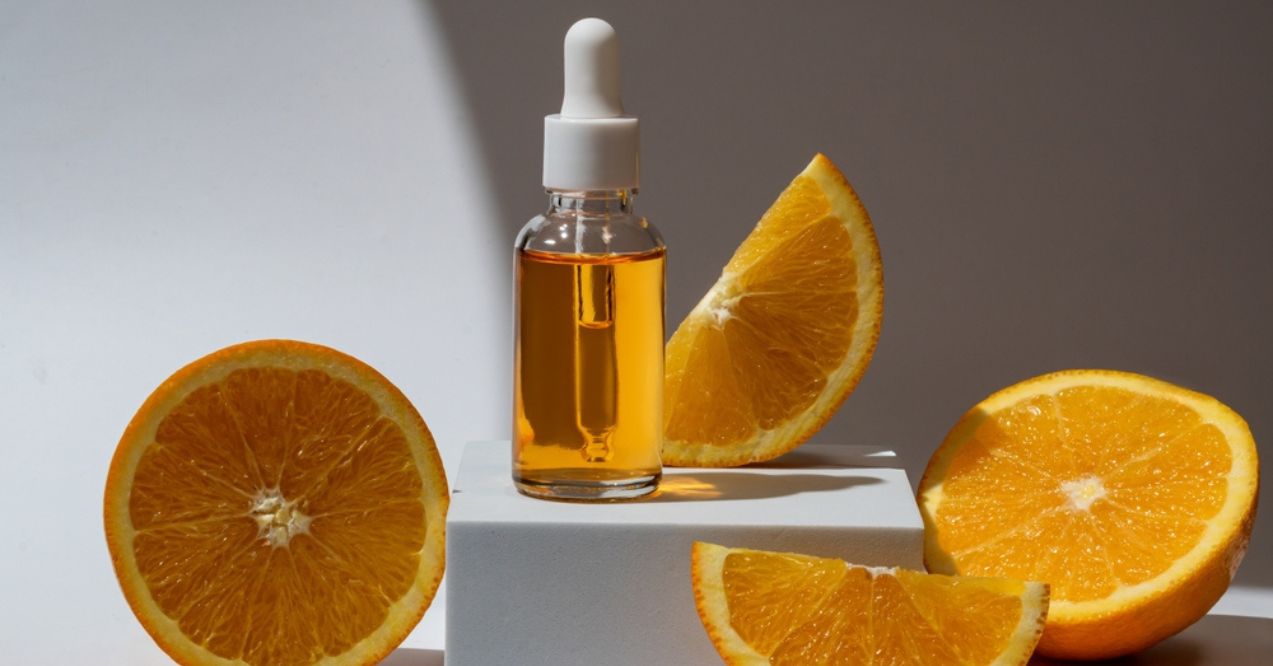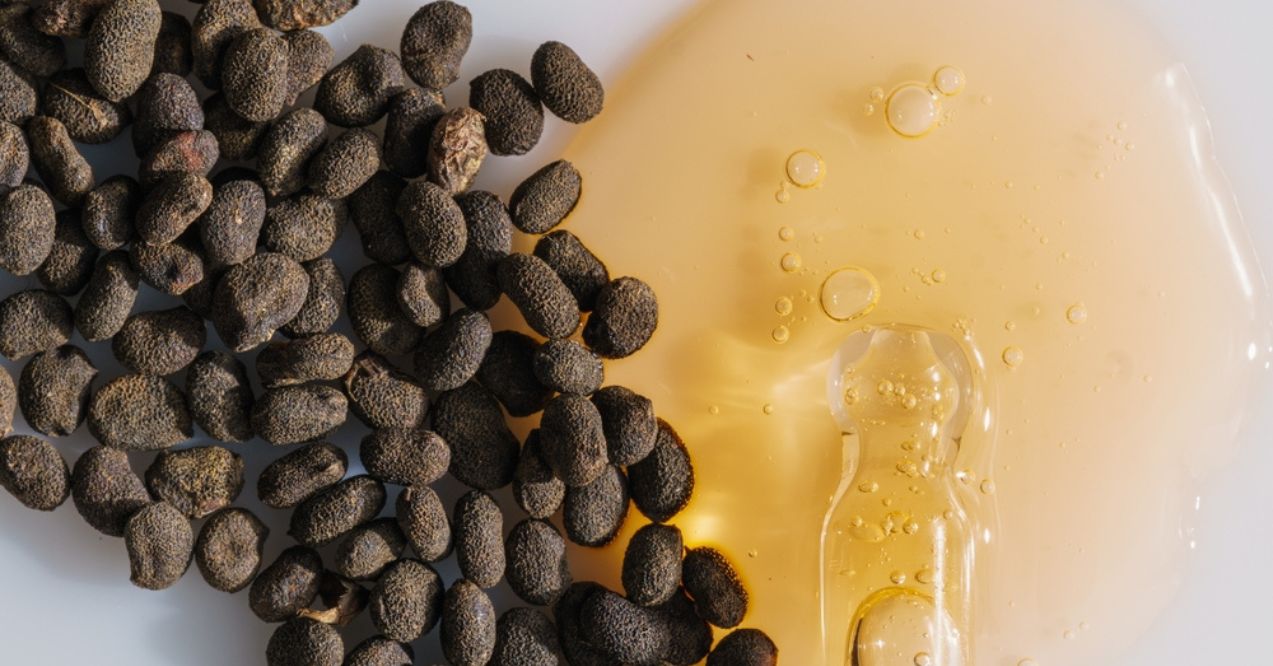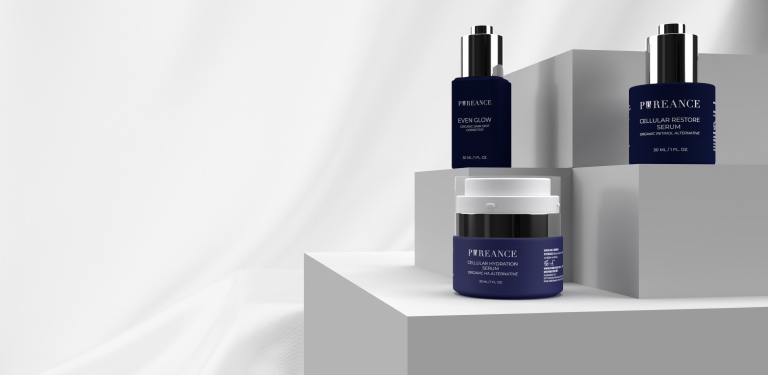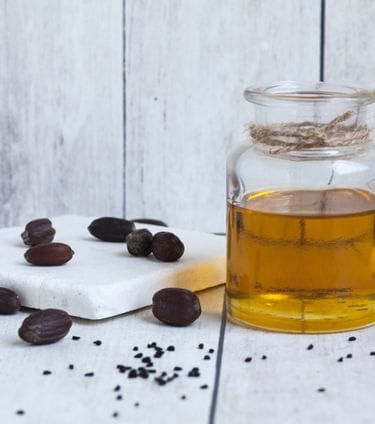
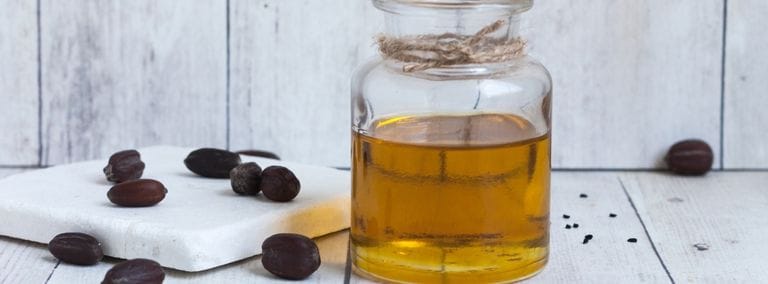

7 Jojoba Oil Benefits for Face You Can’t Miss
If you’ve been searching for that one skincare ingredient that actually delivers on its promises, jojoba oil might just be your new best friend. This golden liquid has been making waves in beauty routines everywhere, and the jojoba oil benefits for face care go way beyond what you might expect.
Native Americans discovered this desert plant’s secrets centuries ago. Today, we’re still uncovering new ways this lightweight oil can transform our skin. While you’ve probably heard about its moisturizing powers, there’s so much more to this multitasking marvel – especially if you’re dealing with mature or sensitive skin that needs extra TLC.
Key Article Findings
- Jojoba oil mirrors your skin’s natural oils, making it perfect for all skin types.
- Its antibacterial properties may help keep breakouts at bay without drying your skin.
- Rich in vitamin E and antioxidants that potentially protect against environmental damage.
- Gentle enough for sensitive skin conditions while powerful enough to address multiple concerns.
1. Promotes Healthy, Glowing Skin
Here’s what makes jojoba oil so special: it’s nearly identical to the oils your skin produces naturally. This means your skin recognizes it as a friend, not a foreign invader. The result? Deep hydration without that heavy, greasy feeling that leaves you reaching for blotting papers by noon.
When you apply jojoba oil, it creates a protective layer that locks moisture in while still letting your skin breathe. Think of it as giving your skin a drink of water that actually stays put. This balanced hydration is what gives you that coveted healthy glow – not the shiny kind, but the “I woke up like this” radiance we’re all after.
For mature skin that tends to feel drier, jojoba oil skin benefits include maintaining that dewy look without overwhelming your pores.
2. Helps Combat Acne
Wait, using oil on acne-prone skin? It sounds backwards, but here’s the thing – is jojoba oil good for acne? The answer might surprise you. When skin is well-moisturized, it may appear more balanced and less prone to excess oil. Jojoba oil mimics your skin’s natural sebum, helping to promote a clearer-looking complexion.
Plus, jojoba oil won’t clog your pores like heavier oils might. Its lightweight structure means it can actually help dissolve the gunk that’s already stuck in there. Combined with its natural antibacterial properties, it’s like having a gentle security guard for your face.
Reduces Excess Oil Production
Your skin is smart – when it feels moisturized, it dials back the oil factory. Jojoba oil speaks your skin’s language, sending the “we’re good here” signal. This may help control that midday shine without stripping your skin or triggering more oil production like harsh cleansers often do.
Natural Antibacterial Properties
Those same properties that made jojoba oil valuable centuries ago still work today. It naturally discourages bacteria from setting up shop on your face. This gentle antibacterial action may help keep those pesky breakouts from forming in the first place, all while being kind to your skin’s natural balance.
3. Soothes and Heals Sunburn
We’ve all been there – despite our best efforts, sometimes the sun wins. When you’re dealing with tender, angry skin, is jojoba oil good for sunburn relief? Absolutely. Jojoba oil’s gentle moisturizing qualities may help relieve dryness or tightness after time in the sun, leaving your skin feeling more comfortable and hydrated.
The vitamin E and antioxidants in jojoba oil work together to support your skin’s recovery process. It won’t undo sun damage, but it may help your skin feel more comfortable while it heals. Think of it as a cooling drink for thirsty, sun-stressed skin that helps minimize peeling and flaking.
Cooling and Hydrating Effect
When applied to sunburned skin, jojoba oil provides a gentle, cooling sensation. It helps replenish lost moisture without feeling heavy or sticky. The oil absorbs quickly, delivering hydration deep into damaged skin layers where it’s needed most.
Protects From UV Damage
While jojoba oil isn’t a replacement for sunscreen, its vitamin E content offers some protective benefits. These antioxidants may help neutralize some of the free radicals created by sun exposure. Consider it an extra layer of defense in your sun protection routine.
4. Improves Skin Elasticity
As we get older, our skin naturally produces less collagen – that’s just life. The antioxidant content in jojoba oil helps defend against environmental stressors, which may help maintain skin’s suppleness and smooth appearance.
Boosts Collagen Production
Those antioxidants in jojoba oil aren’t just sitting pretty. They actively work to support your skin’s collagen-making process. More collagen potentially means better elasticity and a smoother appearance. Think of it as giving your skin the tools it needs to stay strong and supple from within.
5. Reduces the Appearance of Scars
Whether from past breakouts or other skin adventures, scars can be stubborn. The high vitamin E content in jojoba oil may help fade these marks over time. It works by supporting your skin’s natural healing process and potentially evening out skin tone.
Jojoba oil for face benefits include its ability to penetrate deeply, delivering those healing nutrients right where they’re needed. While it won’t work overnight, consistent use may lead to noticeable improvements in how scars and dark spots look. Patience is key – give it a few weeks to see what it can do for you.
Fades Dark Spots and Scarring
- Vitamin E helps lighten hyperpigmentation gradually
- Regular massage with jojoba oil may improve circulation to scarred areas
- Its moisturizing properties keep healing skin supple and healthy
- Works especially well on newer scars that are still forming
The gentle nature of jojoba oil makes it safe for daily use on healing skin.
6. Calms Eczema and Psoriasis Flare-Ups
Living with eczema or psoriasis means your skin needs extra gentleness. Jojoba oil is good for face concerns like these because it doesn’t aggravate already sensitive skin. Its anti-inflammatory properties may help calm angry patches and reduce that tight, uncomfortable feeling.
The oil creates a protective barrier that helps compromised skin hold onto moisture. This is especially helpful during flare-ups when your skin barrier isn’t functioning properly. Many people find it helps reduce the itchiness and redness that make these conditions so frustrating to manage.
Anti-Inflammatory Benefits
Jojoba oil’s natural anti-inflammatory compounds work to calm irritated skin. It may help:
- Reduce redness and swelling
- Soothe that burning sensation
- Support your skin’s healing process
Unlike heavy creams that might feel suffocating, jojoba oil lets sensitive skin breathe while still providing comfort.
7. Protects Against Free Radical Damage
Every day, your skin faces an assault from pollution, UV rays, and other environmental stressors. These create free radicals that can accelerate skin aging and damage. Jojoba oil acts like a protective shield, thanks to its antioxidant content.
Think of it as invisible armor for your face. The vitamin E and other antioxidants in jojoba oil may help neutralize these harmful molecules before they can cause trouble. It’s particularly helpful if you live in a city or spend lots of time outdoors.
Antioxidants That Shield the Skin
The antioxidants in jojoba oil don’t just sit on your skin’s surface. They:
- Penetrate deeply to protect from within
- May help neutralize pollution particles
- Support your skin’s natural defense system
This protective action happens all day long, making jojoba oil a smart addition to your morning routine.
Prevents Premature Aging
While we can’t stop time, we can help our skin stay vibrant longer. Jojoba oil’s antioxidants fight oxidative stress – one of the main culprits behind dull, tired-looking skin. Regular use may help maintain your skin’s natural vitality and that fresh, healthy appearance we all want to keep.
Conclusion
Jojoba oil truly lives up to its reputation as a skincare multitasker. From balancing oil production to supporting collagen and protecting against environmental damage, it addresses multiple skin concerns with just one simple ingredient. Its unique ability to mimic our skin’s natural oils makes it suitable for virtually everyone.
Whether you’re dealing with dryness, breakouts, sun damage, or just want to maintain healthy skin, jojoba oil offers gentle yet effective support. The best part? You don’t need a complicated routine to enjoy jojoba oil benefits for face. A few drops morning and night can make a real difference in how your skin looks and feels.
Ready to give it a try? Start with clean skin, warm a few drops between your palms, and press gently into your face. Your skin will thank you.
Yes! Jojoba oil is gentle enough for daily use, morning and night. Start with 2-3 drops to see how your skin responds.
Absolutely. Its similarity to natural skin oils makes it one of the gentlest options for sensitive or reactive skin types.
It may help fade acne scars over time thanks to its vitamin E content. Consistent use and gentle massage work best.
Unlike coconut or olive oil, jojoba won’t clog pores. It’s lighter than most oils and absorbs quickly without leaving residue.
This site offers health, wellness, fitness and nutritional information and is designed for educational purposes only. You should not rely on this information as a substitute for, nor does it replace, professional medical advice, diagnosis, or treatment. If you have any concerns or questions about your health, you should always consult with a physician or other health-care professional. Do not disregard, avoid or delay obtaining medical or health related advice from your health-care professional because of something you may have read on this site. The use of any information provided on this site is solely at your own risk.
Nothing stated or posted on this site or available through any services are intended to be, and must not be taken to be, the practice of medical or counseling care. For purposes of this agreement, the practice of medicine and counseling includes, without limitation, psychiatry, psychology, psychotherapy, or providing health care treatment, instructions, diagnosis, prognosis or advice.
